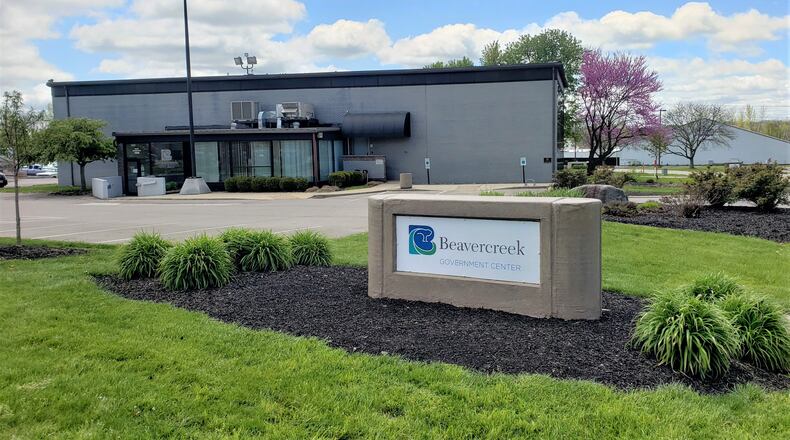City council met this week to discuss the failure of the income tax.
The 1% earned income tax would have started collection on Jan. 1, 2022 if it had passed.
Beavercreek residents have turned down several other income tax proposals. Most recently in 2013, about 61% of residents voted against it, according to the Greene County Board of Elections. On Election Night Beavercreek Mayor Bob Stone said he thought it was a good sign that the income tax issue was defeated by a narrower margin this year than in years past.
Nearly all council members agreed that they did not want to risk the street levy not passing since that levy pays the majority of the salaries for people in the public service department.
“If that levy were to go away, it would be huge,” Stone said. “There is not another funding source for that right now. We live by the levies.”
Council members said they talked with many residents about whether or not they voted for the income tax and why they voted the way they did.
If the income tax had passed, the city planned to let the street levy expire. Letting the street levy expire would have reduced city property taxes by $101.46 per $100,000 of home value per year.
Beavercreek resident Jeff Bradshaw said the property tax break would not have been enough to make a dent in his property taxes. Bradshaw voted against the income tax.
“I have to ask the question, when is enough money enough?” he said.
Bradshaw said he could support a levy or tax that is specific and has a time limit to it.
“I’m a very staunch supporter of we have to be good stewards of people’s money,” Bradshaw said. “I think more taxes should always be the last resort.”
If voters don’t pass the street levy as a continuous levy in May 2021, council members would want to put it back on the ballot as a levy with a time limit.
“The reason for a continuous levy is to have continuity and to plan for the future,” Stone said. “It’s hard to plan when you know that your funding source might not get renewed, so that’s the logic behind that. That was our same logic behind the income tax.”
City Manager Pete Landrum said that many city infrastructure needs might not be able to get done without an income tax. Landrum said if street levies could cover all the infrastructure needs of the city, there wouldn’t be a $200 million backlog.
For instance, a drainage ditch along Willowcrest Road floods often but it can’t be fixed with levy funds, Landrum said.
That project is estimated to cost $2.2 million and funding for it is unknown, according to the city’s five-Year capital improvement plan.
“We heard the voice of the people on the income tax, so we’re taking a step back and putting forward what they’ve said is their desired way of funding — levies,” Stone said.
About the Author

